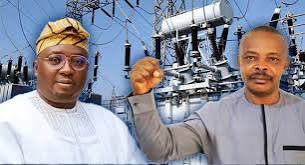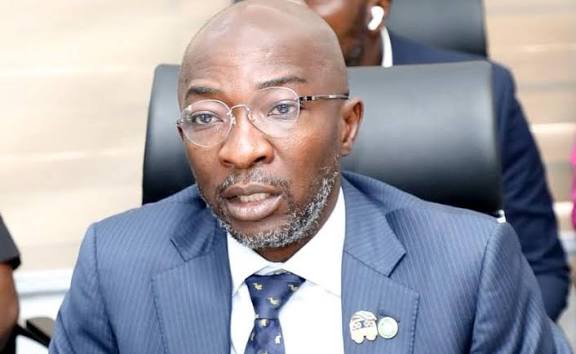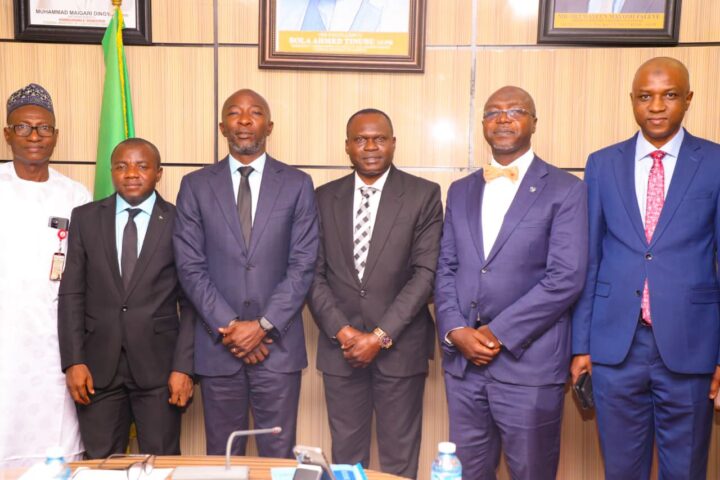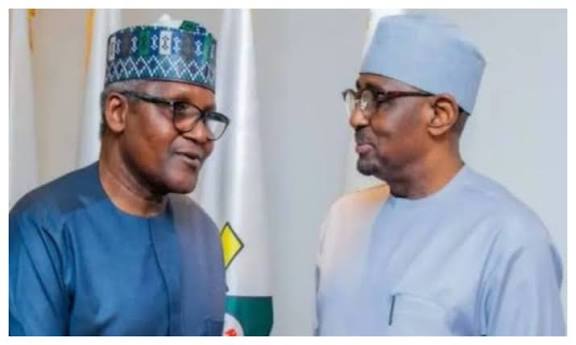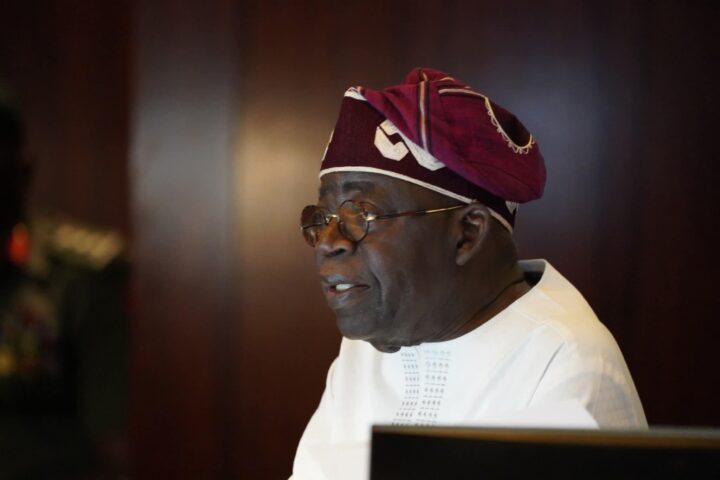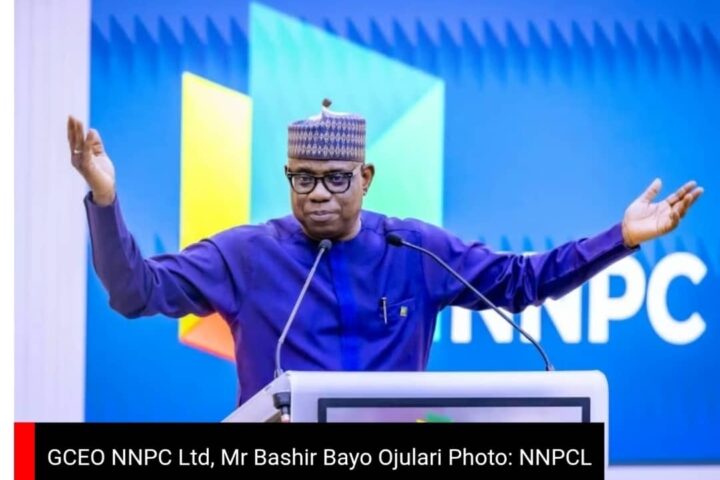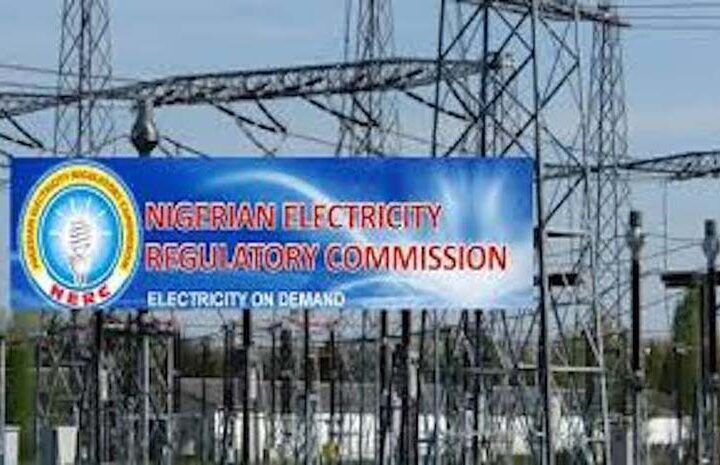The Nigeria Labour Congress,NLC,has implored the National Assembly to turn down the Ministry of Power’s N8billion request for electricity bill sensitization.Its President,Joe Ajearo,who said this in a statement on Tuesday,also demanded a comprehensive audit of the entire power sector budget and others to unearth other potential avenues for corruption and financial recklessness.
According to him,the legislature must ensure that the national budget does not become a conduit for looting our collective resources and legalizing the theft of public funds under the guise of governance.
He punctured quest for allocation of about N8 billion in the 2025 federal budget for the so-called “sensitization of Nigerians on the need to pay electricity bills,” as disclosed by the Minister of Power, Adebayo Adelabu, during his recent budget defense in the National Assembly.
He expressed that the proposal epitomizes the depth of profligacy,wastefulness, and corruption that has permeated governance in Nigeria.
He reasoned that at a time when millions of Nigerians are grappling with crushing poverty, runaway inflation, and the unbearable weight of a failing economy,it is both insulting and tragic that our leaders find it appropriate to squander public funds on such frivolities.
Proposing to allocate a whopping N8 billion to sensitize Nigerians who are already burdened with exorbitant electricity tariffs,he said,reeks of arrogance, insensitivity and an utter disregard for accountability.
According to him,asking for N8billion to teach Nigerians how to pay bills to electeicity-distribution companies owned by private entities is entirely questionable and speaks to the deeper worries of Nigerians as to the distinction between those in government and those who bought the Electricity companies.
He challenged the Minister to tell Nigerians how much dividend Federal Government has received from the privatized entities since the last 12 years of privatization in lieu of its 40% ownership of the privatized entities.
He said:”It is laughable to believe that what is important to Nigerians especially as it concerns the power sector now is to be sensitized on why they should pay more for electricity in the midst of constant grid failure and overwhelming darkness. This is annoying and speaks to the depth of crass contempt and disdain with which some individuals occupying the nation’s corridors of power hold the citizens. Adelabu should show more respect for Nigerians rather than pretending to teach us how we should behave in the face of his plans to foist on us more hardship.
“We believe that governance should be about making the people better and reducing hardship foisted on the citizens. The Minister should have therefore been more concerned about how to grant access to constant electricity for majority of Nigerians rather than being worried about how to spend the money the government has claimed not to have to promote this disturbing fancy of his.
“If the leadership of the Power sector are compelled to reduce the number of times they spend at the National Assembly, perhaps, they would have more time to focus on their job and reduce the embarrassing situation in the sector.
“Sensitization campaigns should not cost a fraction of this amount, especially in a country where schools are underfunded, hospitals lack basic equipment, and infrastructure is crumbling. This allocation is not just wasteful; it is a slap in the face of every hardworking Nigerian struggling to make ends meet.
“We urge the President of the federation to take steps to rein in the burgeoning appetites of those in the Power Ministry and NERC to reinvigorate the sector and save it from total collapse.
“Our position on this is clear, we will not stand idly by while public funds are wasted in the name of governance. This is another glaring reminder of why Nigeria remains in its current state of economic stagnation and why incompetence continues to thrive unchecked. We warn that failure to address this issue will further erode public confidence in government institutions and exacerbate the already dire socio-economic conditions facing millions of Nigerians”.


